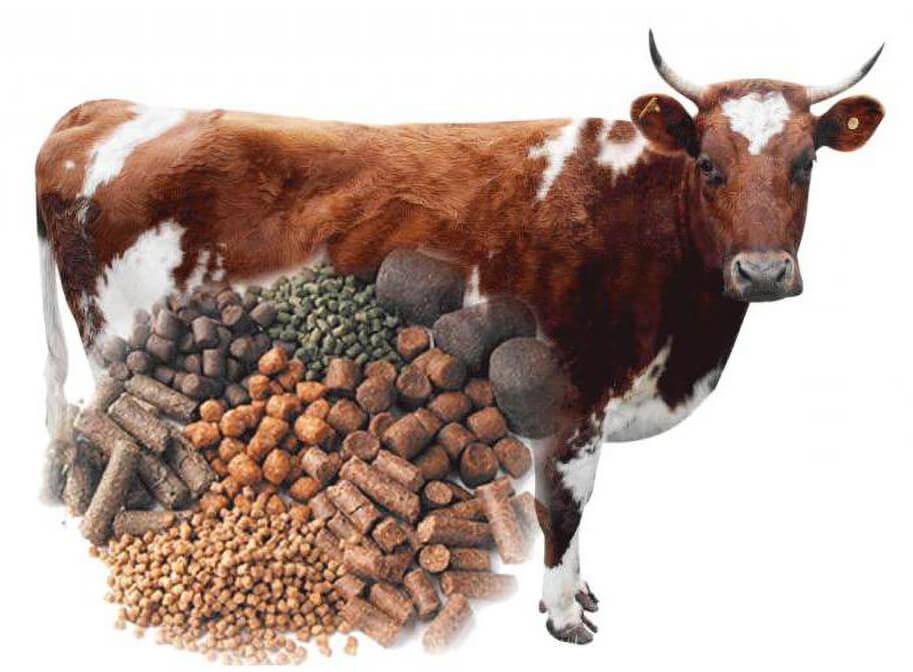The animal feed additives market is undergoing a significant transformation as there is a growing preference for natural and functional additives, particularly enzymes and probiotics. As consumers and producers alike become more aware of the benefits of gut health and efficient nutrient absorption, the demand for these additives is soaring. The shift in consumer behavior, coupled with increasing regulatory pressures and advancements in animal nutrition, is reshaping the market dynamics, especially across sectors like poultry, swine, and dairy farming.
Enzymes: Enhancing Feed Efficiency and Nutrient Absorption
Enzymes have become one of the most widely adopted categories of feed additives, especially in livestock farming. These biological catalysts help break down complex compounds in feed, making nutrients more digestible and improving overall feed efficiency. As livestock farming becomes increasingly intensive, feed conversion ratios (FCR)—the efficiency with which animals convert feed into body mass—have become a critical factor in improving productivity.
The demand for enzymes in the animal feed additives market has grown substantially because of their ability to increase the digestibility of feed, reduce feed waste, and improve the overall growth rate of animals. For example, enzymes like xylanase and amylase help break down non-starch polysaccharides in plant-based feed, which are otherwise difficult for animals to digest. This ensures that animals absorb more nutrients from their feed, which can translate into faster growth and more efficient use of resources.
Enzymes are also being used to improve the environmental sustainability of farming. By enhancing feed efficiency, enzymes help reduce the amount of feed required to achieve the same growth rate, thereby lowering the carbon footprint and feed costs. The growing emphasis on sustainable farming practices has made enzymes an attractive solution, particularly in poultry and swine farming, where feed efficiency directly impacts profitability.
Probiotics: Improving Gut Health and Immune Function
Probiotics, live microorganisms that provide health benefits to the host when consumed in adequate amounts, are gaining immense popularity in the animal feed additives market. These beneficial bacteria play a key role in maintaining gut health by balancing the gut microbiota, which is essential for proper digestion, nutrient absorption, and immune function.
As consumers increasingly demand antibiotic-free meat, dairy, and eggs, probiotics have become a crucial alternative to antibiotics in livestock farming. The use of probiotics in animal feed helps to reduce the need for antibiotics by preventing infections and promoting gut health, thereby supporting the animal’s immune system naturally. This is particularly important in the wake of growing concerns over antibiotic resistance, which has led many countries to implement stricter regulations on antibiotic use in animal husbandry.
In addition to improving gut health, probiotics also enhance the overall productivity of livestock. Studies have shown that probiotics can improve feed intake, weight gain, and overall growth performance in poultry, swine, and dairy cattle. For instance, in poultry, probiotics like Lactobacillus and Bifidobacterium are commonly used to support digestion and immune function, leading to healthier birds and higher-quality meat and eggs.
Furthermore, the increased awareness of animal welfare and health is driving farmers to adopt natural additives like probiotics, aligning with the growing consumer demand for ethically produced, antibiotic-free products. This trend is expected to fuel the continued growth of the probiotics segment within the animal feed additives market.
The Shift Towards Natural and Functional Feed Additives
The overall trend within the animal feed additives market is a shift towards more natural and functional additives. Consumers are increasingly seeking animal products that are free from synthetic chemicals, growth hormones, and antibiotics. This demand for more natural products is influencing the types of feed additives being used in livestock production.
Enzymes and probiotics fit well into this shift due to their natural origins and their ability to improve animal health and feed efficiency without relying on chemicals or pharmaceuticals. These additives offer a safer, more sustainable alternative to traditional additives, aligning with both regulatory standards and consumer preferences for natural, environmentally friendly products.
Challenges and Market Opportunities
Despite the growing preference for enzymes and probiotics, there are several challenges that the animal feed additives market must navigate. The high cost of production for some enzymes and probiotics, particularly in developing markets, may limit their adoption. Additionally, there is the challenge of educating farmers and producers about the benefits of these additives, as well as how to effectively incorporate them into animal diets.
However, these challenges also present significant market opportunities. As consumer demand for high-quality, sustainably produced animal products continues to rise, the pressure on livestock producers to adopt efficient, health-promoting feed additives will only grow. Innovations in enzyme production, as well as advancements in the understanding of gut health and probiotics, are likely to reduce costs and improve the effectiveness of these additives, making them more accessible to farmers worldwide.
Conclusion
The animal feed additives market is shifting towards the increased use of enzymes and probiotics, driven by growing consumer demand for healthier, more sustainable animal products, as well as regulatory pressures to reduce the use of antibiotics and synthetic additives. Enzymes are improving feed efficiency and reducing waste, while probiotics are enhancing gut health and immune function, both of which are crucial for improving livestock productivity and welfare.
As these trends continue, the adoption of natural, functional feed additives is expected to rise across poultry, swine, and dairy sectors, providing both economic and environmental benefits. With continued innovation and a focus on sustainability, the future of the animal feed additives market is bright, offering new opportunities for farmers, feed manufacturers, and consumers alike.







